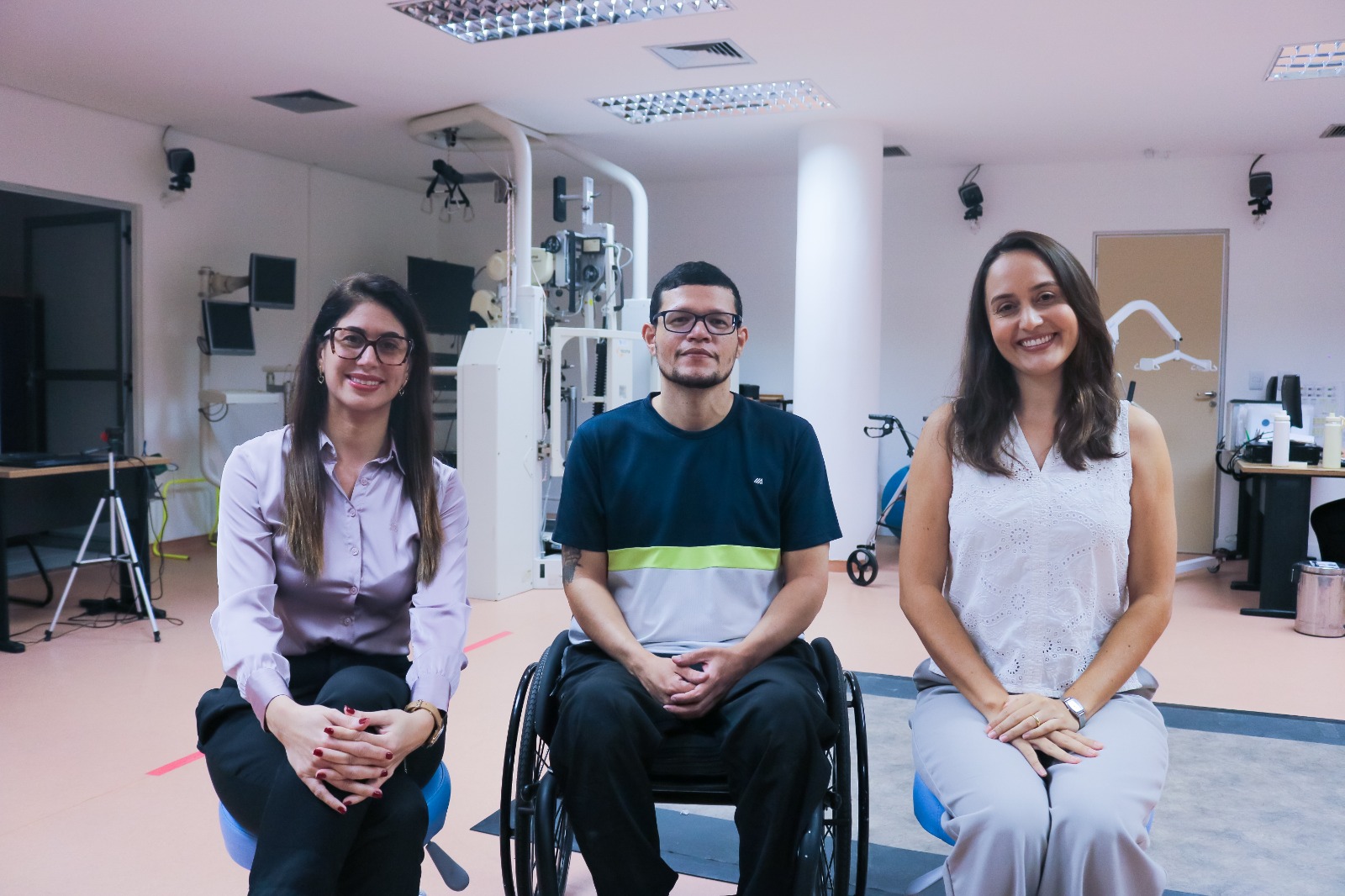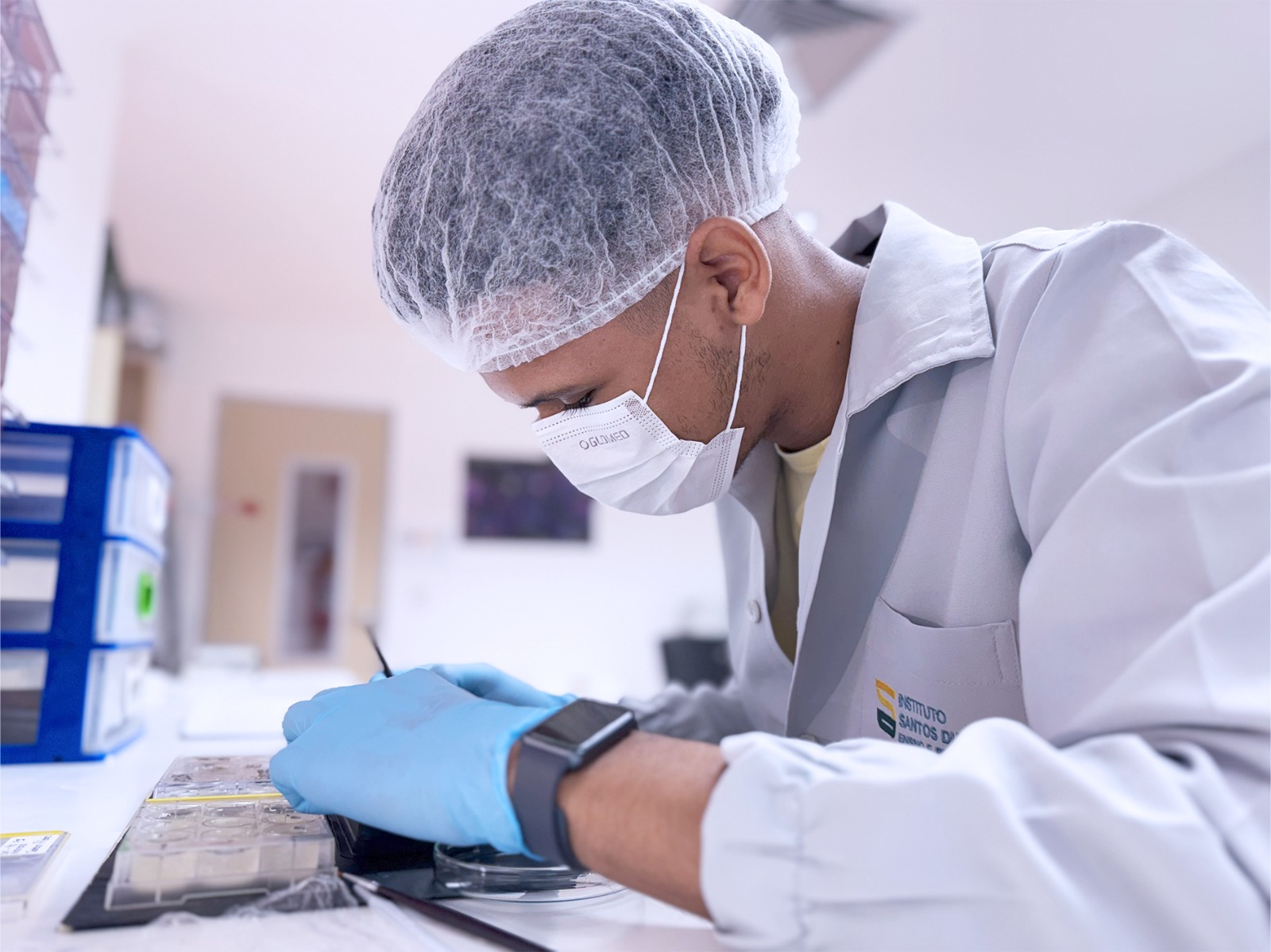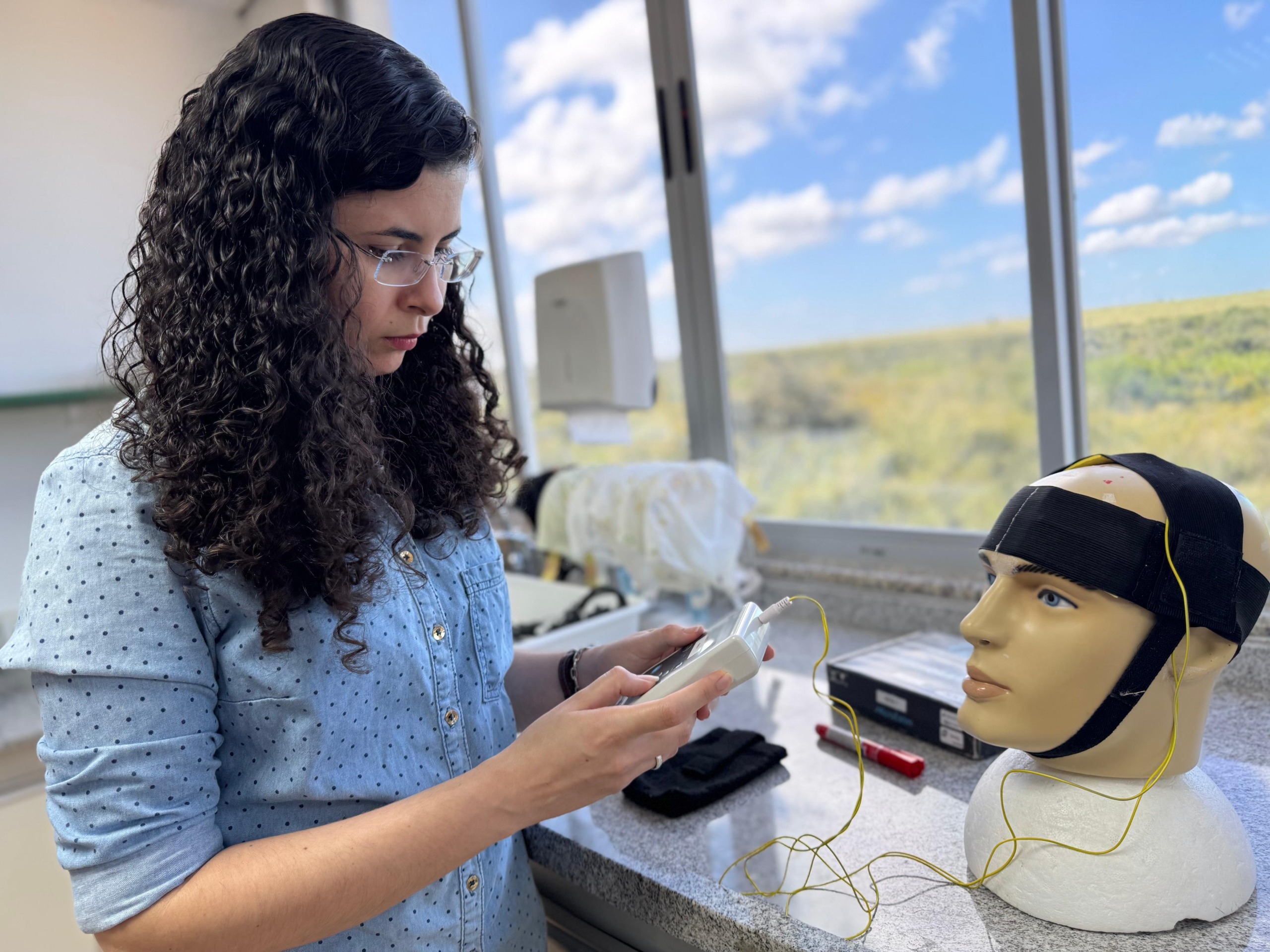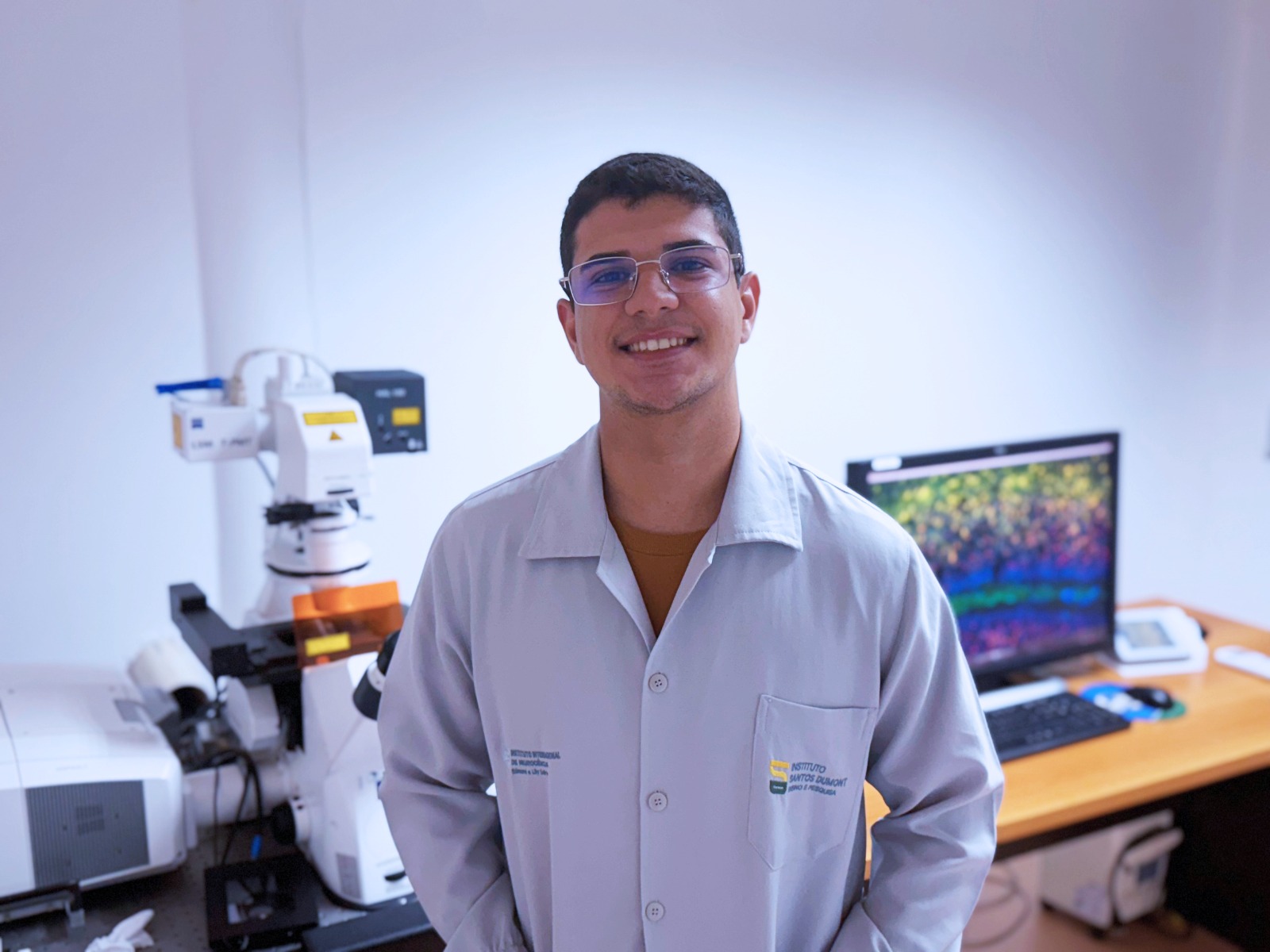The teacher and researcher Daniel Takahashi, from the Brain Institute (ICe) of the Federal University of Rio Grande do Norte (UFRN), is one of the names confirmed for the 8th edition of the Neuroengineering Symposium at the Santos Dumont Institute (ISD), which will take place on the 9th, 10th and 11th from November. Working for over 20 years in the areas of health and computing, Daniel Takahashi mainly studies the physiological, ontogenic and evolutionary bases within the communication process between primates. At the event, the researcher will bring contributions in the area of activities focused on research into animal models, where he develops innovative work with the study of vocal communication.
Graduated in Medicine and Applied and Computational Mathematics, and with a PhD in Bioinformatics, both from the University of São Paulo (USP), Daniel Takahashi coordinates, within ICe, the Laboratory Ethogenesis. In recent years, his main research has studied the development of vocal communication in primates. Most of this research is centered on marmosets, animals native to South America that have already shown, in unprecedented results in science, similarities with the human communication learning process.
The thematic area “Animal models” is one of the central categories in the programming of the VIII Symposium on Neuroengineering. With the presence of national and international speakers, the event encourages discussion about the behavior of non-human animals, seeking to understand more about the functioning and development of human beings based on neuroscience. Other thematic areas of the Symposium include discussions on Device Development and Applications in Healthcare and Human/Clinical Research.
The VIII ISD Neuroengineering Symposium will be held in a hybrid format, with in-person activities taking place at the Edmond and Lily Safra International Institute of Neuroscience (IIN-ELS), an ISD unit, and remote activities on the Congress.me platform. Registration must be done via the official event website, until November 8th. The submission of scientific works is also open, through the same link.
The event
The Neuroengineering Symposium was launched in 2015 by ISD with the aim of complementing the training of future researchers and students while encouraging the generation of new knowledge through independent research, and aims to articulate research and teaching as an agent of social transformation integrated into the community.
The target audience includes students and professionals in the areas of health, biological, engineering and technological sciences.
Held seven years ago, the Symposium received, during this period, more than 1,300 participants from different countries, in addition to debates on topics related to innovation, scientific and technological development, innovation in health and neurosciences.
Text: Naomi Lamarck / Ascom – ISD
Photograph: Ascom – ICe
Communication Office
comunicacao@isd.org.br
(84) 99416-1880
Santos Dumont Institute (ISD)
It is a Social Organization linked to the Ministry of Education (MEC) and includes the Edmond and Lily Safra International Institute of Neurosciences and the Anita Garibaldi Health Education and Research Center, both in Macaíba. ISD's mission is to promote education for life, forming citizens through integrated teaching, research and extension actions, in addition to contributing to a fairer and more humane transformation of Brazilian social reality.













